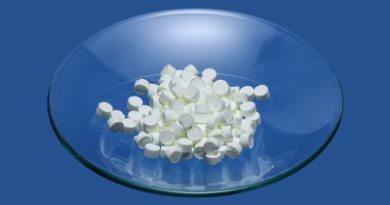Parkinson’s Disease Research Products
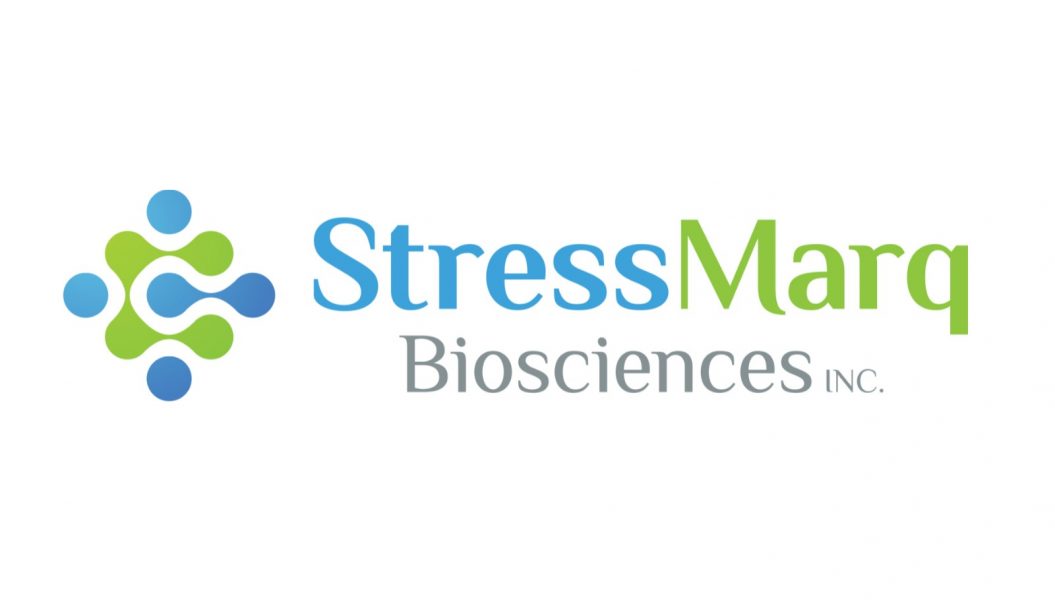
StressMarq manufactures and offers a wide range of products specifically developed to accelerate Parkinson’s disease research.
StressMarq’s cutting-edge product range includes monoclonal antibodies, polyclonal antibodies, antibody conjugates, proteins, immunoassays, small molecule inhibitors, and alpha synuclein PFFs.
Parkinson’s Disease Research Products
Parkinson’s disease research requires a diverse array of products to understand the biological and cellular mechanisms of the disease and explore novel approaches for diagnosis and drug discovery. With a commitment to cutting-edge advancements in neurodegenerative disease research, StressMarq develops and offers a wide selection of research tools to facilitate the study of Parkinson’s disease and neurodegeneration.
StressMarq offers a diverse range of high-quality research products, including alpha synuclein PFFs, antibodies, proteins, and immunoassays, enabling comprehensive exploration of Parkinson’s disease pathology and therapeutic targets. StressMarq’s groundbreaking alpha synuclein products, like Pre-formed Fibrils and Oligomers, play a significant role in Parkinson’s research, providing valuable insights into the disease’s molecular mechanisms through the study of alpha synuclein aggregates and their behavior in Lewy bodies.
Alpha Synuclein Pre-formed Fibrils (PFFs), Oligomers, and Monomers
StressMarq provides unique Alpha Synuclein Pre-formed Fibrils (PFFs), oligomers, and monomers. Alpha-Synuclein (SNCA) is mainly expressed in the brain, with a concentrated presence in presynaptic nerve terminals. Within the brain, it is highly expressed in the mitochondria of specific regions like the olfactory bulb, hippocampus, striatum, and thalamus. Functionally, it has demonstrated significant interaction with tubulin, suggesting a potential role as a microtubule-associated protein. Its crucial role in normal cognitive development has been established, as its inactivation can lead to impaired spatial learning and working memory. SNCA fibrillar aggregates are prominent in Alzheimer’s disease amyloid plaque, and they are also a major component of Lewy body inclusions in Parkinson’s disease.
Researchers may StressMarq’s Alpha Synuclein Pre-formed Fibrils (PFFs) to model Parkinson’s disease by inducing Lewy body formation in cells or animals. They can analyze the fibrils or their effects using various methods such as Western blot, SDS-PAGE, in vivo or in vitro assays. Product highlights include:
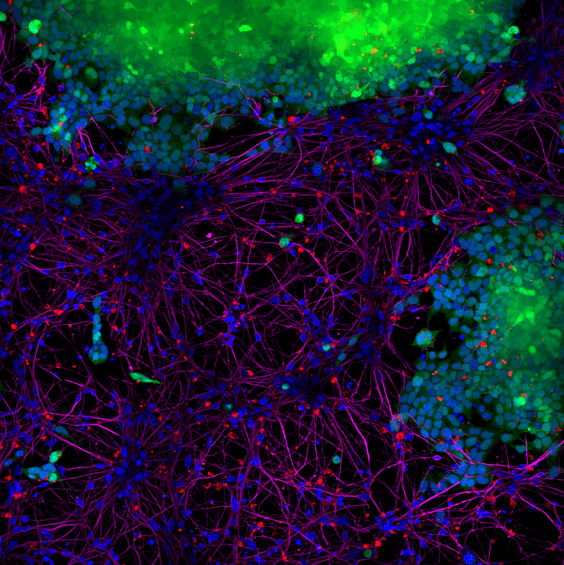
Catalog No. SPR-322
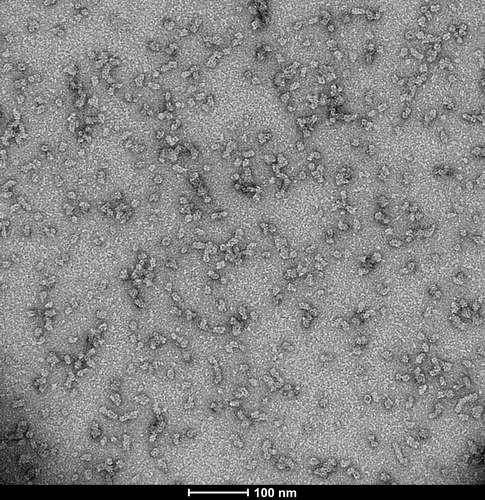
Catalog No. SPR-484
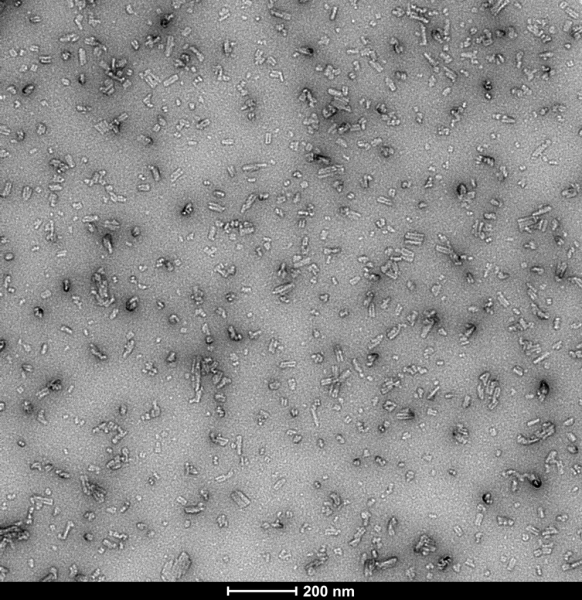
Catalog No. SPR-317
Tau and Alpha Synuclein Co-Polymer Fibrils
StressMarq also supplies a range of Tau and Alpha Synuclein Co-Polymer Fibrils. Brain-specific tau isoforms, particularly the 0N3R isoform expressed in the fetal brain, or the 2N4R isoform of tau expressed in adult brain, interact with alpha-synuclein, leading to the formation of amyloid fibrils and neurodegenerative diseases like Alzheimer’s and Parkinson’s. When tau and alpha-synuclein co-polymerize, they exhibit enhanced pathology and more severe symptoms associated with Parkinson’s disease, both in vitro and in animal models.
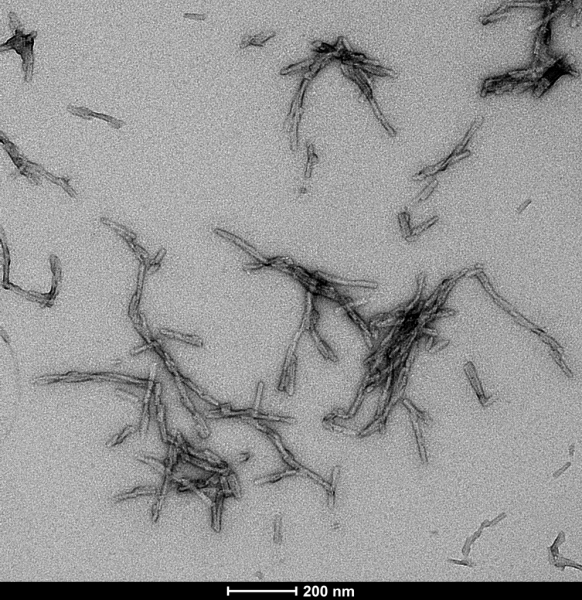
Catalog No. SPR-494
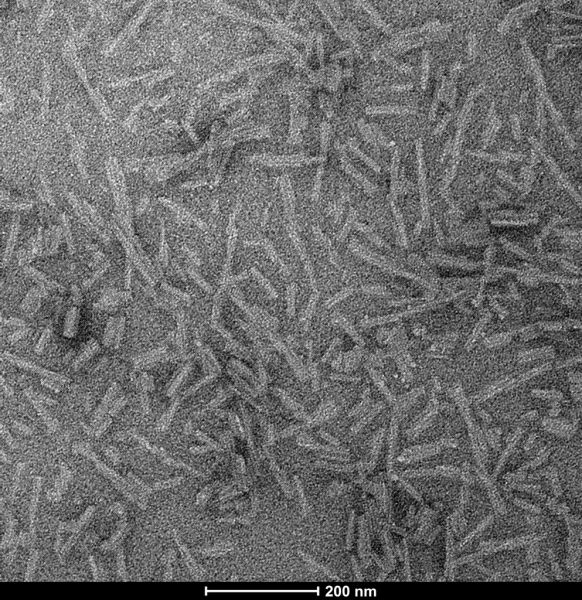
Catalog No. SPR-495
Monoclonal and Polyclonal Antibodies
StressMarq offers an assortment of tailored products for Parkinson’s disease research, including monoclonal antibodies, polyclonal antibodies, and antibody conjugates. These essential tools empower researchers to identify and selectively target specific proteins of interest in their investigations. Product highlights include:
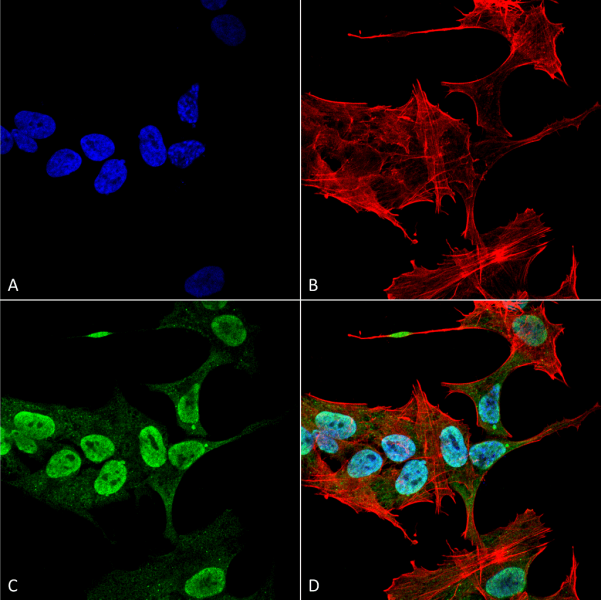
Mouse Anti-Human Alpha Synuclein Monoclonal IgG1
Catalog No. SMC-530
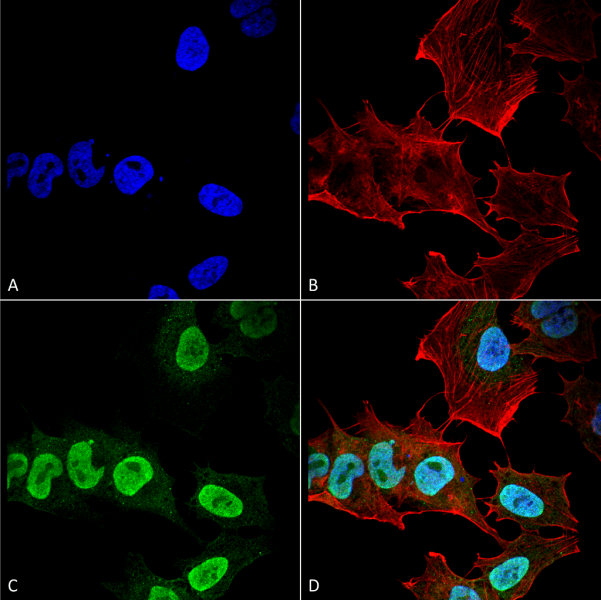
Mouse Anti-Mouse Alpha Synuclein Monoclonal IgG1
Catalog No. SMC-531
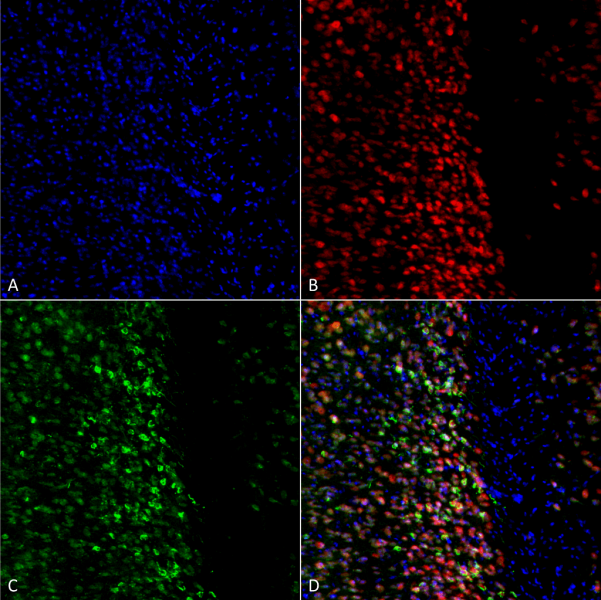
Rabbit Anti-Human Alpha Synuclein pSer129 Polyclonal
Catalog No. SPC-742
About Parkinson’s Disease
Parkinson’s disease is a progressive neurological disorder characterized by the degeneration of the central nervous system, leading to the loss of dopamine-producing neurons in the substantia nigra. This degeneration gives rise to motor-related symptoms, including difficulty walking, gait abnormalities, shaking, and stiffness.
The cause of Parkinson’s disease often remains unknown; however, approximately 15% of cases occur in individuals with a family history of the disease. While Parkinson’s is not considered a strictly genetic disorder, about 5% of those affected have a mutation in one of several genes, including Alpha-synuclein (SNCA), Parkin (PRKN), leucine-rich repeat kinase 2 (LRRK2/dardarin), PTEN-induced putative kinase 1 (PINK1), Ubiquitin carboxyl-terminal hydrolase isozyme L1 (UCHL1), DJ-1, and ATP13A2.
Notably, mutations in the LRRK2 gene, which encodes the protein called dardarin, have been shown to cause the autosomal dominant Parkinson disease 8 (PARK8), as well as some sporadic cases. This gene is responsible for the majority of familial Parkinson’s disease cases.
Alpha synuclein plays a crucial role in Parkinson’s disease as it is the principal component of Lewy bodies, the main pathological feature of the disease and other forms of dementia. These Lewy bodies develop within neurons and consist of alpha synuclein fibrils along with other associated proteins like tau, ubiquitin, neurofilament protein, and alpha B crystallin.
In addition to LRRK2, mutations in the mitochondrial localized PTEN-induced putative kinase 1 (PINK1) have been associated with the autosomal recessive Parkinson disease 6 (PARK6). PINK1 mutations lead to a build-up of improperly folded proteins and an impaired ability to protect neurons from cellular stress and apoptosis.
Furthermore, a point mutation in Ubiquitin carboxyl-terminal hydrolase isozyme L1 (UCHL1) has been linked to the autosomal dominant Parkinson disease 5 (PARK5). Interestingly, a polymorphism in UCHL1 that increases antioxidant activity may provide some protection against early onset Parkinson’s Disease.
For more information on the range of products for your Parkinson’s disease research please contact StressMarq Biosciences today or browse the full catalog here:



